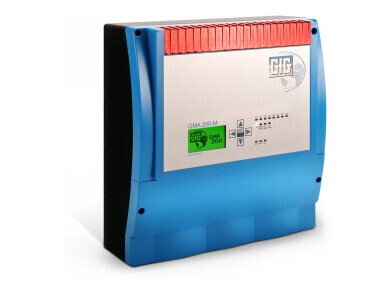Safety
Protecting your team from invisible dangers
Oct 18 2022
The oil and petrochemical industry is uniquely challenging in many ways: Global transportation networks, economic competition, intense regulations, and its environmental impact must all be taken into account when you are working on literally fueling the world. It also comes with more dangerous working conditions than many other industries. That’s why choosing the right safety equipment is so important.
Depending on your working environment and application areas, there are different approaches to take when it comes to detecting hazardous gases. If hazards are associated with specific activities, such as individual workers needing to enter confined spaces, your gas detection strategy should focus more on portable instruments. When you need to make sure that the concentration of hazardous gases does not exceed certain limits in potentially dangerous areas, fixed gas detection systems should be considered as well. Optimal solutions often include both fixed and portable instruments!
Portable gas detectors
The small, light-weight portable devices are designed to be worn on your person to measure gas concentrations in your immediate area. They are therefore perfect for applications where individuals are moving into potentially dangerous surroundings and need the air in their close proximity to be monitored for their safety. An immediate alarm will give you crucial moments in case an emergency evacuation is necessary. Portable gas detectors are used in a variety of occupational fields, from crude oil extraction to emergency services, and are valued for their high versatility.
The Polytector III G999C is one of our portable gas detectors. It combines the requirements of a modern multi-gas detector for use in personal protection with the ability to clear confined spaces, shafts and vessels by means of an integrated pump. The robust multi-gas detector can be equipped with a variety of sensors, allowing for combinations of up to seven gases or measuring ranges to be monitored simultaneously.
Fixed gas detection systems
If you need to consistently monitor if gases occur in a specific location, a stationary gas detection system is highly recommended. A full system usually consists of a controller, several transmitters and as many relays as you need to control your safety measures. The transmitters are fixed on location, and convey the detected gas concentration values to the controller. It is thus a completely safe method of detecting any anomalies in the levels of gas concentrations. Fixed gas detection systems will of course also immediately alert you if a transmitter is detecting any dangerous increases or transgressions of the set parameters, to allow for a quick initiation of your emergency protocol.
The CC33 stainless steel transmitter is our exemplary product in this category. Its heavy-duty stainless steel casing, 15mm thick bullet-proof glass guarding the display, and explosion-proof buzzer make it very reliable to use even in the toughest surroundings and will guarantee a long operating life.
Contact us today or visit our website to learn more about our products.
Digital Edition
PIN 25.1 Feb/March
March 2024
In This Edition Safety - The technology behind the ION Science Tiger XT - Safety with ammonia and LOHCs as hydrogen carriers Analytical Instrumentation - Discussion on new tribology te...
View all digital editions
Events
Apr 28 2024 Montreal, Quebec, Canada
Apr 30 2024 Birmingham, UK
May 03 2024 Seoul, South Korea
May 05 2024 Seville, Spain
May 06 2024 Riyadh, Saudi Arabia
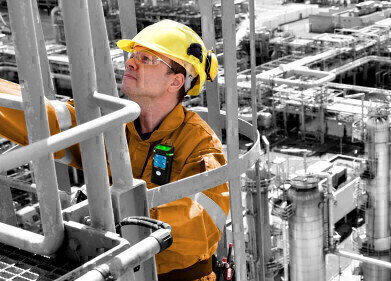
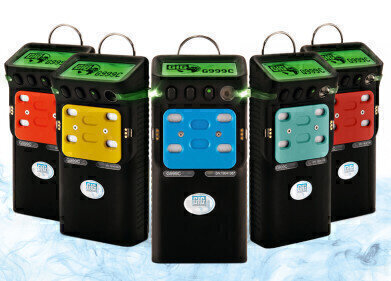
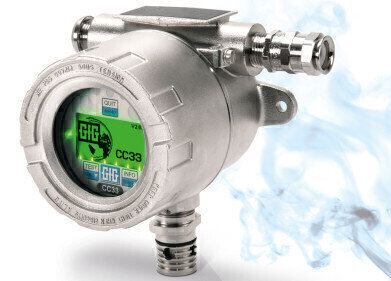
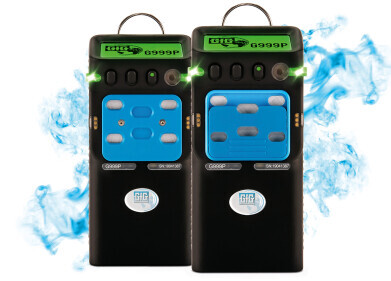
.jpg)
